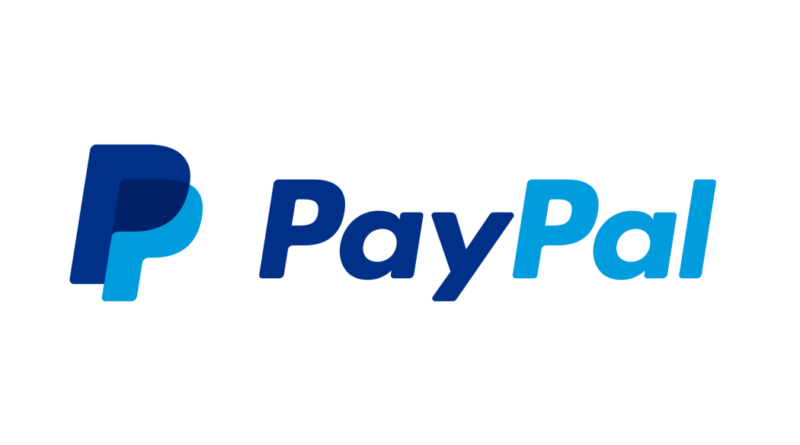PayPal Enables Merchants to Buy, Hold, and Sell Cryptocurrency: A New Era of Digital Transactions
PayPal Holdings has really made a huge step to embrace the revolution of digital currency by announcing that merchants can now purchase, hold, and sell the cryptocurrency directly from their business accounts. In the said move, PayPal expands its cryptocurrency services into the business space, giving merchants the opportunity to engage in crypto transactions and drive digital currencies even more broadly into the mainstream economy.
This article discusses what it means for business and beyond in the financial world.
What PayPal’s New Feature Says
Today, the merchants have the option to add or introduce cryptocurrency as a component of their business transactions, where they can buy, hold, or even sell some of the widely available popular cryptocurrencies in the platform, including Bitcoin (BTC), Ethereum (ETH), Litecoin (LTC), and Bitcoin Cash (BCH). This is one of the critical steps towards making digital currencies easier to assimilate because merchants will now use this type of asset just like any other with the transaction and holding, or even investments for any business without being forced to leave the PayPal ecosystem.
Earlier, the feature for cryptocurrency usage was accessible to personal accounts only from PayPal. The company is therefore opening up access to a vast pool of businesses irrespective of their size and allowing them to operate in ways that are more fluid and incorporating new channels of payments.
Benefits for Merchants
Several benefits accrue with this update for the merchants, especially those interested in exploring or integrating cryptocurrencies into their business models:
Diversification of Assets: Acceptance and possession of cryptocurrency empower merchants to diversify their assets and create new revenue streams, especially for businesses embracing digital currencies at an incredible pace.
Lower Transaction Costs: Transacting via traditional financial instruments, particularly when making cross-border payments, has been very costly in most cases. Encrypting the transaction means most costs associated with the process are removed or significantly reduced, providing a much more efficient channel by which businesses may accept cross-border payments.
Hedge Against Inflation: Cryptocurrencies, and more so Bitcoin, tend to be regarded as a hedge against inflation. With the use of digital assets, businesses may protect their value from fiat currencies’ diminishing values.
Reaching a New Customer Base: Merchants may attract a new category of customers more resistant to the idea of using traditional forms of payment and more inclined to the use of digital currency.
Making Cryptocurrency More Accessible to Businesses
One of the major objectives of PayPal is to make cryptocurrency transactions easier and simpler for both businesses and customers. By marrying crypto with its already established platform, PayPal allows merchants to deal with digital currencies without needing a separate third-party wallet or exchange. This obliterates the hassle and risks involved with dealing with crypto independently.
Merchants can manage their digital balances alongside their traditional balances, so they have a one-stop-shop dashboard to help them better manage their finances. PayPal also allows for real-time tracking of crypto prices and instant crypto-to-fiat conversions, which simplify accounting and reduce most volatility concerns associated with crypto.
What does this mean for the broader market?
This is big news for the entire cryptocurrency market and the wider financial system. Putting the capacity to hold cryptocurrency into PayPal merchant accounts brings the high street a giant step closer to digital currencies. As more businesses now go on to accept and hold cryptocurrencies, the customers themselves will be more likely to engage in crypto transactions, thereby creating an even larger market for digital assets.
Moreover, it makes cryptocurrencies seem as suitable for both payment and investment. Other payment processors and financial institutions may bolster in the same direction, moving even more of cryptocurrencies into the world monetary system.
Potential Challenges
Even though this trend unlocks a new page in merchantability, it also carries some potential challenges:
Price Volatility: The nature of cryptocurrency is that they are highly volatile in price, which may cause business issues if their value tends to fluctuate hugely.
Regulatory Risks: Most countries are still evolving their regulations on cryptocurrencies. Merchants using PayPal’s crypto features must ensure that their use of the features complies with local laws, especially concerning taxation and reporting.
This is basically an area where customer education will be a strong challenge for merchants themselves-cryptocurrency is a relatively new concept for most customers, and merchants will have to educate their customer base on how to use crypto for purchases.
Conclusion: Game-Changer in Cryptocurrency Adoption
The decision by PayPal to allow merchants to purchase, hold, and sell cryptocurrency from business accounts is a landmark development in the creation of digital finance. This could be the move that ultimately leads to greater adoption on both business and consumer sides towards crypto because it acts as a bridge between the real and financial world and the digital money world. Once more and more merchants start to maximize the advantages of crypto, future online transactions may look very different, and PayPal could be one of the biggest forces in the digital finance revolution that is in full swing today.
